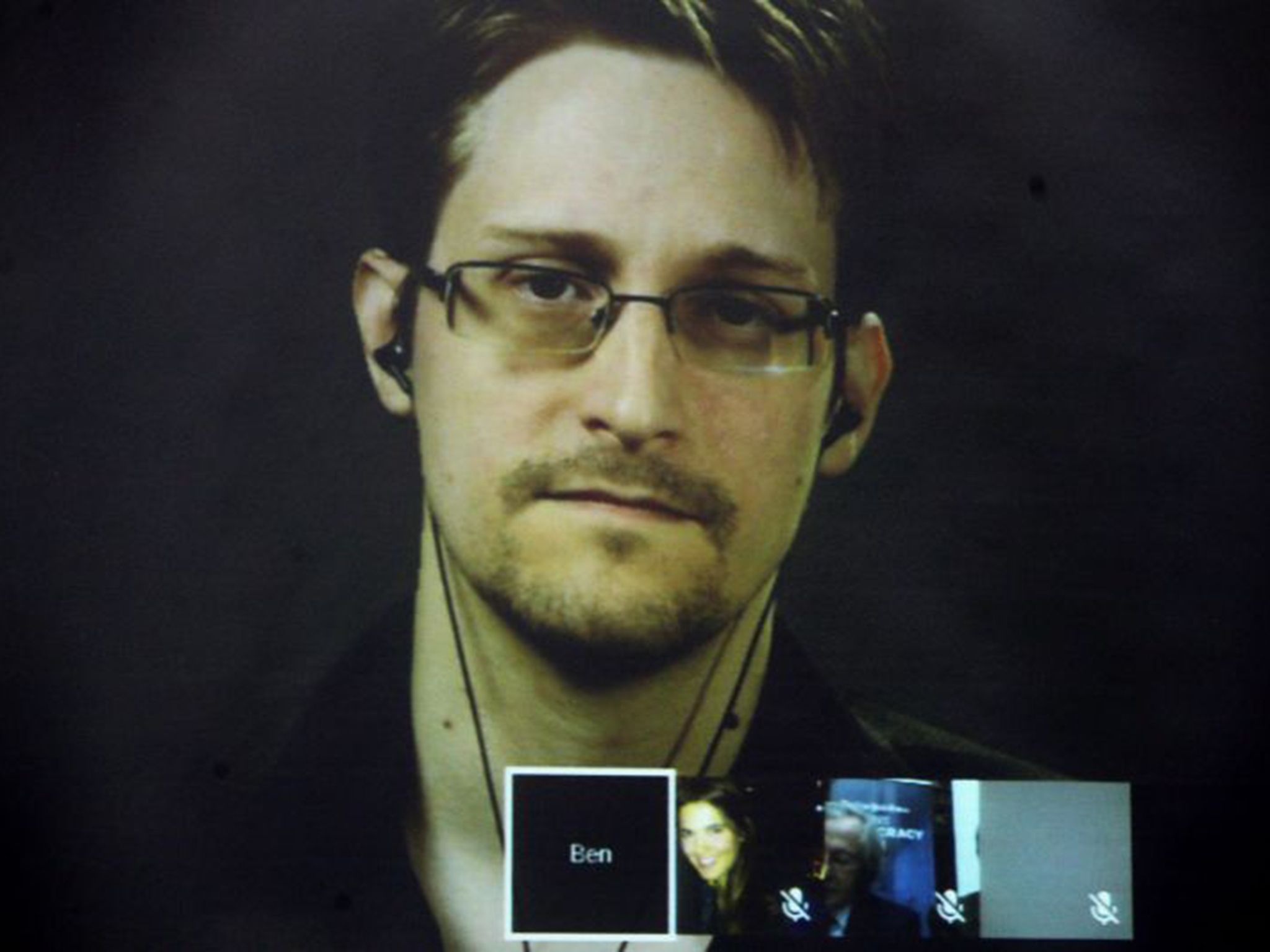When we as a global community confront the truly difficult question of considering what is really worth devoting our limited time and resources to in an era marked by such global catastrophe, I always find my mind returning to what the Internet hasn’t really been used for yet—and what was rumored from its inception that it should ultimately provide—an utterly and entirely free education for all the world’s people.
In regard to such a concept, Bill Gates said in 2010, “On the web for free you’ll be able to find the best lectures in the world […] It will be better than any single university […] No matter how you came about your knowledge, you should get credit for it. Whether it’s an MIT degree or if you got everything you know from lectures on the web, there needs to be a way to highlight that.”
That may sound like an idealistic stretch to the uninitiated, but the fact of the matter is universities like MIT, Harvard, Yale, Oxford, The European Graduate School, Caltech, Stanford, Berkeley, and other international institutions have been regularly uploading entire courses onto YouTube and iTunes U for years. All of them are entirely free. Open Culture, Khan Academy, Wikiversity, and many other centers for online learning also exist. Other online resources have small fees attached to some courses, as you’ll find on edX and Coursea. In fact, here is a list of over 100 places online where you can receive high quality educational material. The 2015 Survey of Online Learning revealed a “Multi-year trend [that] shows growth in online enrollments continues to outpace overall higher ed enrollments.” I. Elaine Allen, co-director of the Babson Survey Research Group points out that “The study’s findings highlight a thirteenth consecutive year of growth in the number of students taking courses at a distance.” Furthermore, “More than one in four students (28%) now take at least one distance education course (a total of 5,828,826 students, a year‐to‐year increase of 217,275).” There are so many online courses, libraries of recorded courses, pirate libraries, Massive Open Online Courses, and online centers for learning with no complete database thereof that in 2010 I found myself dumping all the websites and master lists I could find onto a simple Tumblr archive I put together called Educating Earth. I then quickly opened a Facebook Group to try and encourage others to share and discuss courses too.
The volume of high quality educational material already available online is staggering. Despite this, there has yet to be a central search hub for all this wonderful and unique content. No robust community has been built around it with major success. Furthermore, the social and philosophical meaning of this new practice has not been strongly advocated enough yet in a popular forum.
There are usually a few arguments against this brand of internet-based education. One of the most common arguments being that learning online will never be learning in a physical classroom setting. I will grant that. However, I’ll counter it with the obvious: You don’t need to learn everything there is to learn strictly in a classroom setting. That is absurd. Not everything is surgery. Furthermore, not everyone has access to a classroom, which is really in a large way what this whole issue is all about. Finally, you cannot learn everything you may want to learn from one single teacher in one single location.
Another argument pertains to cost, that a donation-based free education project would be an expensive venture. All I can think to respond to that is: How much in personal debt does the average student in the United States end up in after four years of college? What if that money was used to pay for a robust online educational platform? How many more people the world over could learn from a single four-year tuition alone? These are serious questions worth considering.
Here are just a few major philosophical points for such a project. Illiteracy has been a historic tool used to oppress people. According to the US Census Bureau an average of one billion more people are born about every 15 years since 1953. In 2012 our global population was estimated at 7 billion people. Many of these individuals will be lucky to ever see the inside of a classroom. Today nearly 500 million women on this planet are denied the basic freedom to learn how to read and write. Women make up two-thirds of total population of the world’s illiterate adults. It is a global crime perpetuated against women, pure and simple.
Here is another really simple point: If the world has so many problems on both a local and a global scale, doesn’t it make sense to have more problem solvers available to collaborate and tackle them? Consider all these young people devising ingenious ways to clean the ocean, or detect cancer, or power their community by building windmills; don’t you want many orders of magnitude more of all that going on in the world? More people freely learning and sharing what they discover simply translates to a higher likelihood of breakthroughs and general social benefit. This is good for everyone. Is this not obvious?
Here is one last point: In terms of moral, social, and philosophical uprightness, isn’t it striking to have the technology to provide a free education to all the world’s people (i.e. the internet and cheap computers) and not do it? Isn’t it classist and backward to have the ability to teach the world yet still deny millions of people that opportunity due to location and finances? Isn’t that immoral? Isn’t it patently unjust? Should it not be a universal human goal to enable everyone to learn whatever they want, as much as they want, whenever they want, entirely for free if our technology permits it? These questions become particularly deep if we consider teaching, learning, and education to be sacred enterprises.
Read the whole article on IEET.org








